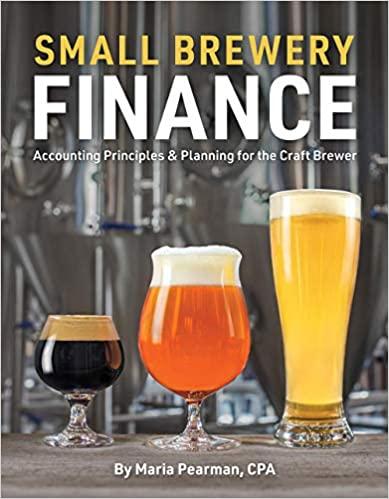Answered step by step
Verified Expert Solution
Question
1 Approved Answer
1. Kurt has $4,500 for a down payment and thinks she can afford monthly payments of $300. If he can finance a vehicle with a
1. Kurt has $4,500 for a down payment and thinks she can afford monthly payments of $300. If he can finance a vehicle with a 7%, 4-year loan, what is the maximum amount Kurt can afford to spend on the car? a. $13,528 b. $14,400 c. $16,028 d. $17,028 e. $18,028 2. Leasing accounts for about ____ percent of all vehicles sold today. a. 10 b. 14 c. 19 d. 23 e. 37 3. In which of the following situations would you have to pay additional money when returning a vehicle using a closed-end lease? a. residual value is less than expected b. residual value is more than expected c. mileage limits were exceeded d. a and c e. b and c 4. Which of the following typically saves the buyer the most on an auto purchase? a. No-haggle pricing b. Internet purchases c. Buying a car through a buying service d. Using low-interest offers rather than rebate offers. e. None of the above. Each case will be different 5. When you lease your apartment from the corporation that owns the building and your lease is an ownership share, your apartment is a. expensive. b. a cooperative. c. a condominium. d. a duplex. e. permanent. 6. ____ is an up-front, one-time cost of home ownership. a. The down payment b. Closing costs c. Property taxes d. Insurance e. a and b 7. If you made a down payment of $11,000 on a $110,000 house, the lender no doubt will require ____ as a result of the size of the down payment. a. closing points b. a bond c. mortgage insurance d. application fees e. homeowner's insurance 8. Points can be deducted from federal income taxes in the year paid when they are used to a. finance a first home. b. finance a second home. c. refinance a first home. d. refinance a second home. e. a and c only 9. The majority of each monthly payment at the beginning of the loan goes to pay a. principal. b. interest. c. real estate taxes. d. homeowner's insurance. e. private mortgage insurance. 10. Earnest money is the sum of money the home buyer deposits with the a. realtor to view homes. b. realtor for finding the desired home. c. lender to originate the loan. d. seller to indicate intent of purchase. e. lender to guarantee the purchase
Step by Step Solution
There are 3 Steps involved in it
Step: 1

Get Instant Access to Expert-Tailored Solutions
See step-by-step solutions with expert insights and AI powered tools for academic success
Step: 2

Step: 3

Ace Your Homework with AI
Get the answers you need in no time with our AI-driven, step-by-step assistance
Get Started


